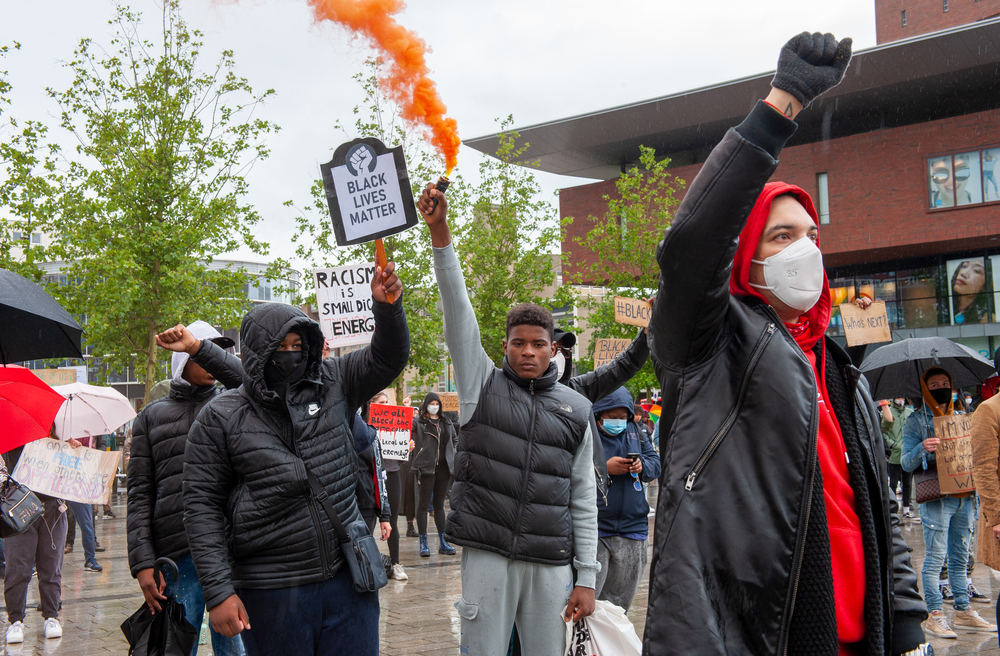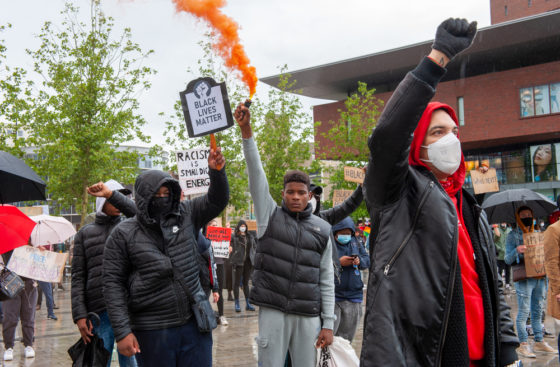More people ask human rights watchdog to rule on discrimination


The Dutch human rights watchdog College voor de Rechten van de Mens received a record number of requests for a ruling about possible racism and discrimination last year, its annual discrimination monitor shows.
The watchdog, which can adjudicate in cases where people claim they have been discriminated against by government agencies, received 638 requests for an investigation compared to 535 the year before. Some 144 concerned discrimination based on race, up 48 compared to 2019.
Complaints made to the agency included reports by people caught up in the childcare allowance scandal, chairwoman Adriana van Dooijeweert told broadcaster NOS.
The tax office singled out some 11,000 mainly dual national families it claimed had defrauded the system although it denied using racial profiling.
‘
Van Dooijeweert said the increase in requests to adjudicate in cases of racism had possibly been influenced by the Black Lives Matter movement. ‘It prompted us to set up a project to investigate the extent of institutional racism in the Netherlands. The authorities have a duty to combat racism and the project will include ways of making clear to them what that duty entails,’ she told the broadcaster.
Requests to investigate cases where nationality was at issue also doubled, from 27 in 2019 to 60 in 2020.
‘When something becomes an issue in society we see that reflected in the number of requests and reports, Van Dooijeweert said.
Coronavirus
Rulings by the body, which also gives advice and information, are not binding. However, according to its website the offending institution ends up taking action in about 80% of the cases, for instance by offering an apology or paying compensation.
In total, the watchdog received 2,723 questions and reports about discrimination last year.
In 468 of those cases people turned to the agency to report they had been discriminated against because they were unable to follow coronavirus rules. ‘People told us shopping was impossible because they had to carry a basket, which they could not do. Or people who were told off for not wearing a face mask because of a medical conditions,’ Van Dooijeweert said.
Thank you for donating to DutchNews.nl.
We could not provide the Dutch News service, and keep it free of charge, without the generous support of our readers. Your donations allow us to report on issues you tell us matter, and provide you with a summary of the most important Dutch news each day.
Make a donation